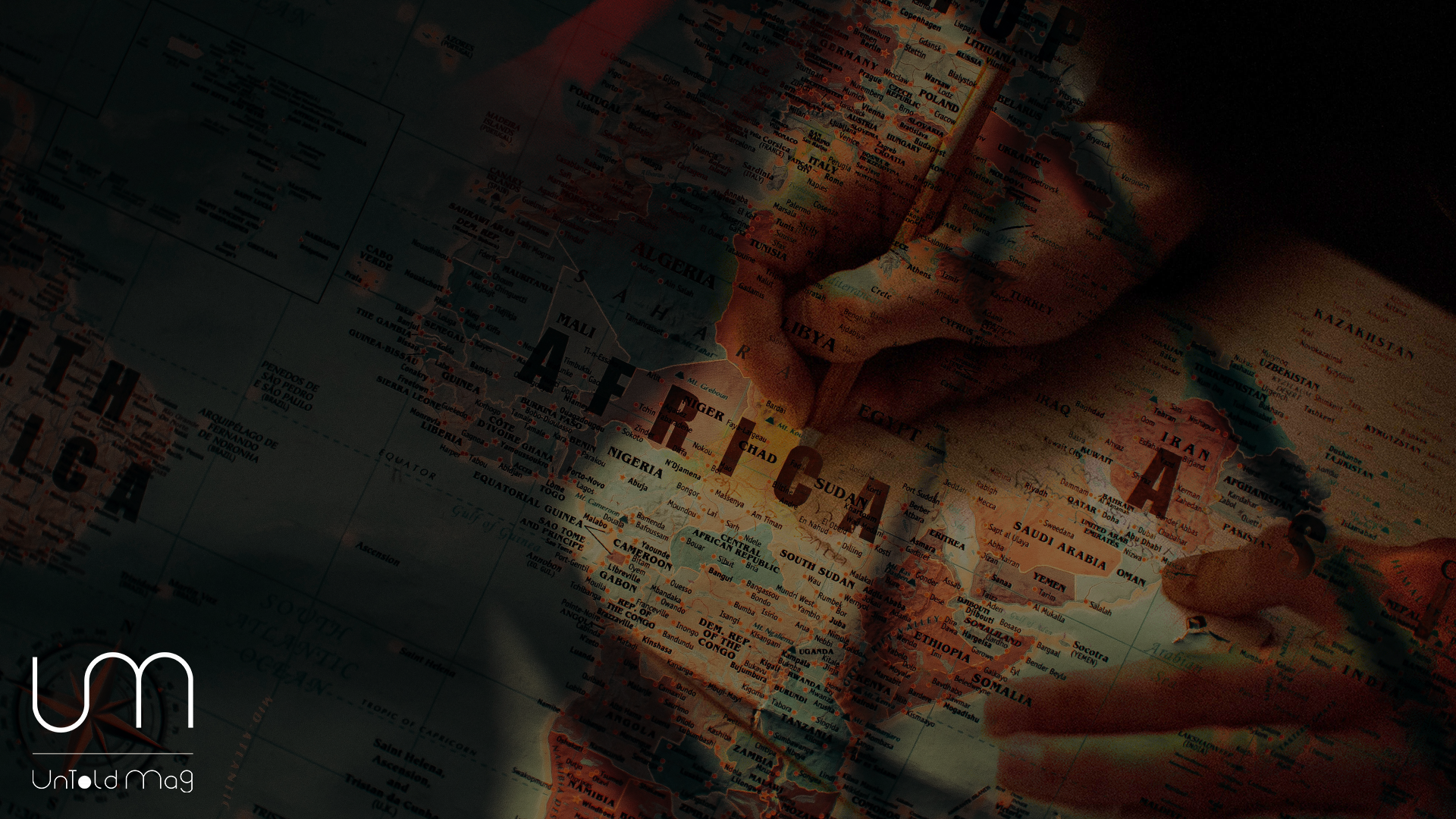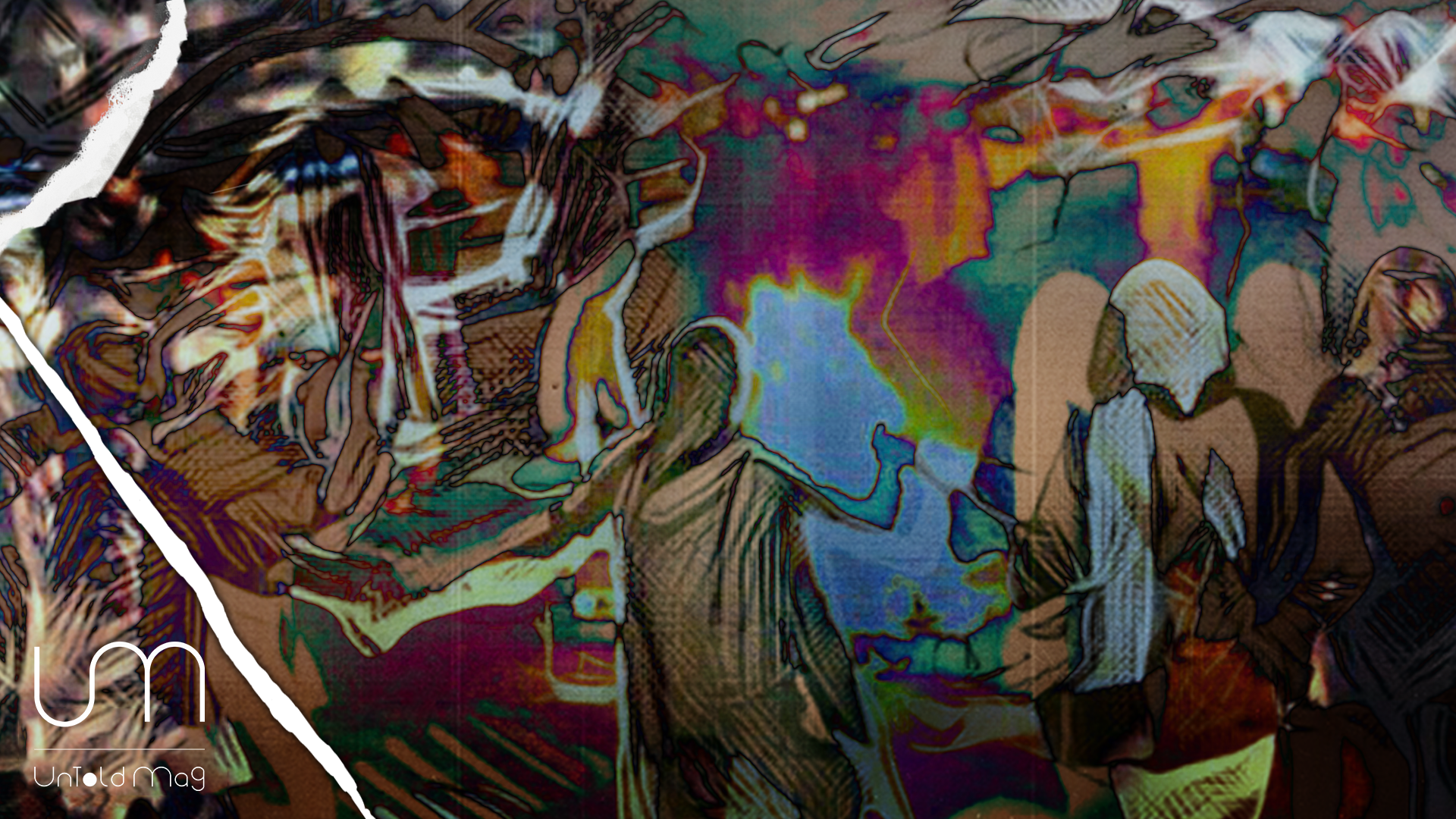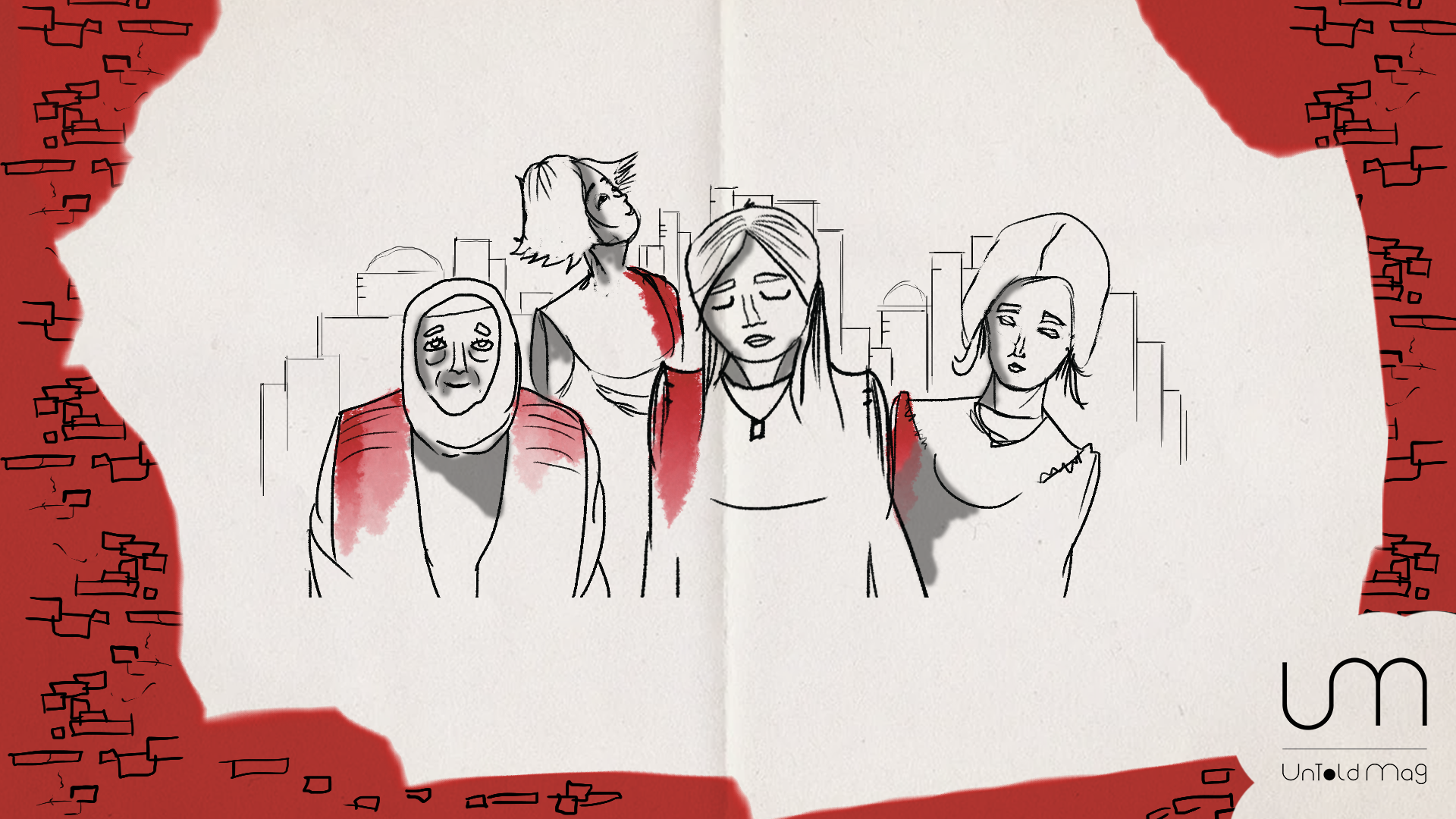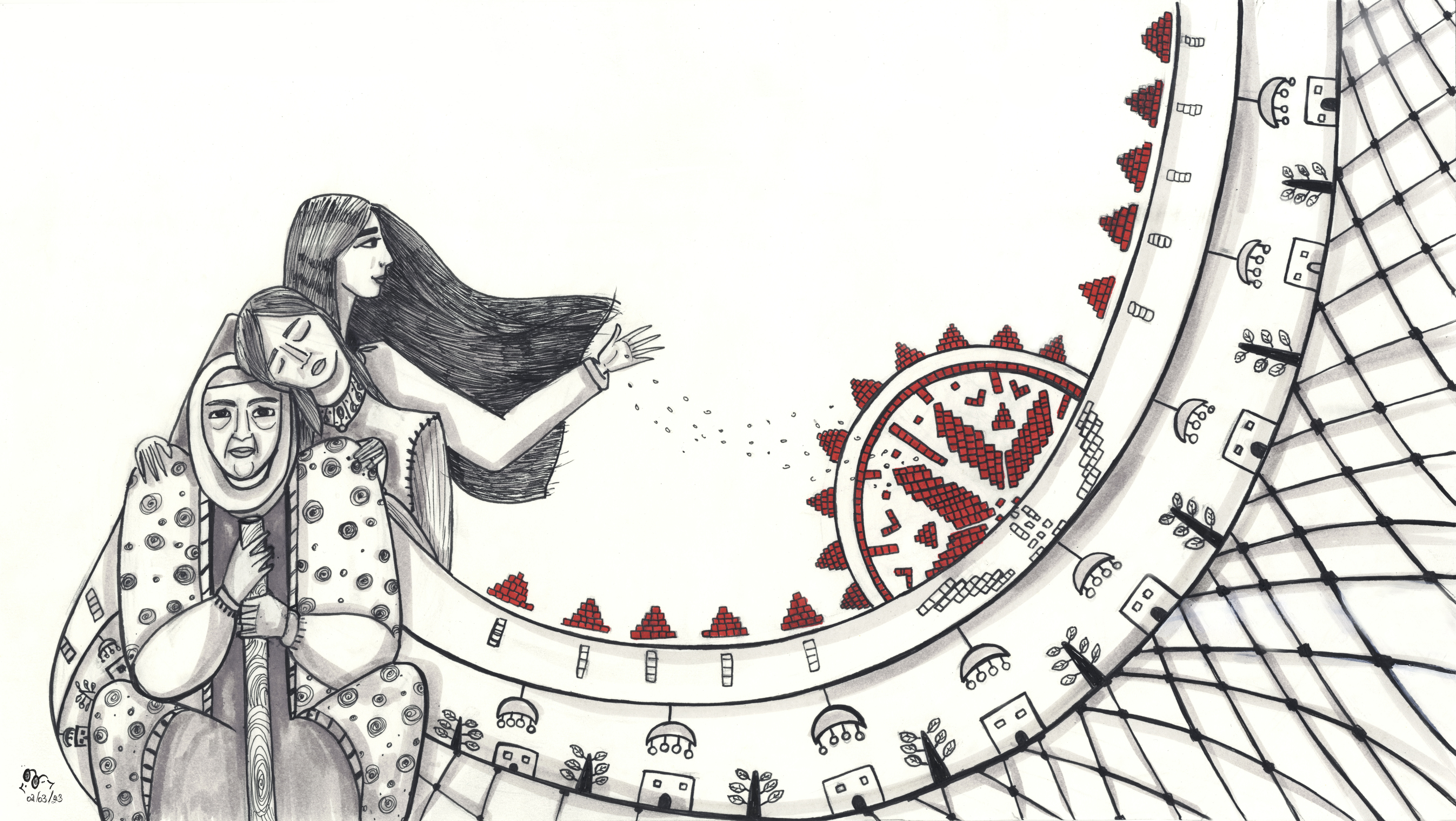A socio-economic survey carried out by the United Nations Relief and Works Agency (UNRWA) in September 2022 involving 498 interviewed Palestinian refugee households found that 93 percent live below the poverty line mostly as a result of the spike in consumer prices caused by the economic crisis. Sixty-two percent of families had reduced the number of meals consumed within the previous week and half of families consulted had started to incur debt over the previous three months. Sixty-one percent of those interviewed had been employed for less than nine months over the previous year and 50 percent did not have a contract with their employer.
For the past four years, Lebanon’s economy has been locked in a prolonged crisis that has seen the currency lose 98 per cent of its value and inflation rocket to 200 per cent. The World Bank has described this brutal contraction as one normally associated with ‘conflicts or wars’. While the official exchange rate had for decades the Lebanese lira pegged at 1,507.50 to the US dollar, the exchange rate on the black market has reached a high of 140,000. Account holders have been denied access to their own bank accounts owing to the liquidity problems of Lebanese banks. Some desperate citizens in urgent need of hard currency for their families have taken to ‘robbing’ banks, not to steal the bank’s money but to access the funds in their own accounts.
The devaluation of the currency and ‘lirafication’ of the economy starved of hard currency has meant spiralling prices for food and energy, a severe drop in disposable income and an increase in unemployment to nearly 30 percent in 2022. As a consequence, multidimensional poverty in Lebanon almost doubled from 42 percent in 2019 to 82 percent in 2021, signalling a society collapsing in key services such as health, education, utilities and housing.
In October 2019, a wave of anti-austerity protests in part in response to new tax measures planned by the government, including a tariff on WhatsApp, the free messaging service widely used in the country, sparked a popular movement against the entrenched corruption that caused the severe crisis in the first place. In March 2020, this political and economic crisis triggered a default on a $1.2 billion Eurobond repayment owing to unavailable foreign reserves as Lebanon’s debt burden reached 170 percent of GDP.
The economic crisis deepened further when Beirut was rocked by ‘one of the largest non-nuclear explosions in history’ at its port when 2,750 tons of ammonium nitrate, recklessly stored in a warehouse, ignited on 4 August 2020 and killed 217 people and injured 7,000. The blast left 300,000 people homeless and the estimated cost to the economy is between $10-15 billion. It has also compounded the hardship experienced by Lebanese citizens with nearly half the population unable to afford essentials like ‘lentils, cooking oil, diapers, sanitary pads and fuel’. With Amnesty International reporting that Lebanese authorities have been ‘shamelessly obstructing victims’ quest for truth and justice’ into the circumstances surrounding the blast, the explosion seemed to reflect the negligence, corruption and unaccountability of Lebanon’s political system.
A crisis for Palestinians
There are 12 Palestinian refugee camps in Lebanon and each has its own history, character, composition of nationalities and geographical layout. El Buss camp in Tyre, about 100 km south of Beirut, is a comparatively small camp of 11,000 registered refugees originally from Acre in Galilee who took occupancy in the 1950s in a camp originally established by the French government for Armenian refugees in 1937. The camp is integrated into the wider community in Tyre and most employment is in seasonal agricultural work.
The lightly populated, wide streets of El Buss contrast sharply with the constant bustle in the narrow alleyways of Burj Barajneh camp in Beirut which has an estimated population of 50,000. There is a palpable tension in Burj Barajneh with the streets constantly full of motorcycles and the smell of petrol with pedestrians uneasily navigating a challenging physical environment of low-hanging electricity wires criss-crossing with water pipes which carry the threat of electrocution.
Burj Barajneh, like the other two Palestinian camps in Beirut, Mar Elias and Shatila, are located in isolated southern suburbs that provide limited opportunities for employment and a decent life of dignity consistent with fundamental human rights. The camp population has expanded rapidly from the initial 3,500 in 1949 but the area of one square kilometre remains the same. So the rickety and often unsafe upward progression of buildings to accommodate new residents means many in the camp are permanently obscured from sunlight by overhanging buildings and suffer from vitamin deficiency and anaemia.
Discrimination in labour law
Most Palestinian refugees work in the informal economy as they have never been naturalised and, until recently, denied access to 39 professional occupations such as medicine, law and engineering and refused the right to own property. In December 2021, Lebanese Labor Minister, Mustafa Bayram, announced a relaxation of the labour laws to allow Palestinians the right to work in managerial, business, tourism, industrial, information, health, education and service sectors, if they were born in Lebanese territories, born to a Lebanese mother or married to a Lebanese citizen. Palestinians continue to be denied entry to professions that require membership of a syndicate or trade union.
But despite these being modest changes to the labour laws they have been strongly criticised by the Kataeb Party and Free Patriotic Movement, representing Christian factions in Lebanon, as part of what they consider to be a slippery slope toward the naturalisation of Palestinians and displacement of Lebanese workers from their occupations.
However, UNRWA’s socio-economic survey suggests that little has changed in the employment conditions of Palestinians with only 12 percent of those surveyed having a written contract with their employer. As the International Labour Organisation found, the majority of Palestinian workers are ‘engaged in low-status jobs that are poorly paid, insecure and lack adequate social protection’.
This leaves Palestinians open to exploitation in the workplace and vulnerable to dismissal or temporary layoff without pay in an economic downturn or crisis such as the COVID-19 pandemic.
A crisis of education
On a visit to six Palestinian refugee camps in Lebanon in September and December 2022, I learned about some of the key challenges caused by the economic crisis. For parents and teachers, a major concern is the cost of transport for students and teaching staff which has increased by over 500 percent and is not included in UNRWA’s education budget. For many refugee families, bearing the cost of sending their children to school is beyond them and may result in student withdrawals. There are 37,586 Palestinian students attending 45 UNRWA schools in Lebanon which makes huge demands on teachers, many of whom are also Palestinian refugees.
Depending on the number of schools available to each camp, class sizes can exceed forty with student numbers having been swollen by the arrival of 29,000 Palestinian Refugees from Syria (PRS) since the start of the Syrian war in 2011. Moreover, many Palestinian children who were enrolled in private schools in Lebanon are being transferred to UNRWA schools because their parents can no longer afford the fees.
In terms of teaching practice, 2022-23 is the first academic year since the 2020 pandemic that teaching will resume face-to-face on a full-time basis with many young people experiencing significant educational deficits having struggled with home schooling during COVID-19 lockdowns owing to a lack of electronic devices in Palestinian households. This problem has been compounded by teachers strikes and chronic electricity outages across Lebanon which were worsened by the spike in energy costs which impacts the water supply dependent on the fuelling of pumping stations.
The cost of healthcare
There are 452,669 registered Palestinian refugees in Lebanon, 50 percent of whom live in the 12 UNRWA refugee camps. As they are not naturalised, Palestinians are unable to access Lebanon’s social services, including healthcare, which means either using private health providers which are prohibitively expensive or accessing one of UNRWA’s health care facilities. Fifty-five percent of Palestinian refugees access UNRWA health services that include: outpatient consultations, health screening, ante- and post-natal care, dental treatment and specialist consultations.
The most common health conditions among Palestinian refugees are chronic diseases including hypertension, chronic pulmonary diseases (including asthma), diabetes and cardiovascular disease. UNRWA subsidises treatment for more serious conditions such as cancer or heart surgery requiring hospitalisation but this will also require a contribution from the family of the refugee. The social and economic determinants of these health problems include high unemployment, food poverty, the stressful physical environment of the camps and unhygienic and poorly maintained homes. The staff in a health clinic in Ein el-Hilweh, Lebanon’s largest Palestinian camp, told me they saw 600-800 patients per day accessing a range of primary health services.
Forgotten victims
What unites all of the Palestinian refugees in Lebanon is their displacement (or that of their ancestors) from their homeland during the Nakba in 1948 when 750,000 Palestinians were ethnically cleansed and forced into the life of a refugee. They also share an undimmed and still cherished right to return to their homes and villages, a right internationally sanctioned in United Nations General Assembly resolution 194. Today there are 5.9 million Palestinian refugees eligible for UNRWA services living in Lebanon, Syria, Jordan, Gaza, the West Bank and East Jerusalem. They are subjected to the political, social and economic laws of the land in which they took shelter with the privations of life as a refugee passed from one generation to the next. For those among them who are living in Lebanon, the impact of the economic crisis has been acute, with UNRWA finding that it is putting ‘the health, safety and education of the whole population at risk’. But as Palestinian refugees suffer the brunt of Lebanon’s economic crisis, they are mostly forgotten by local and international media.











